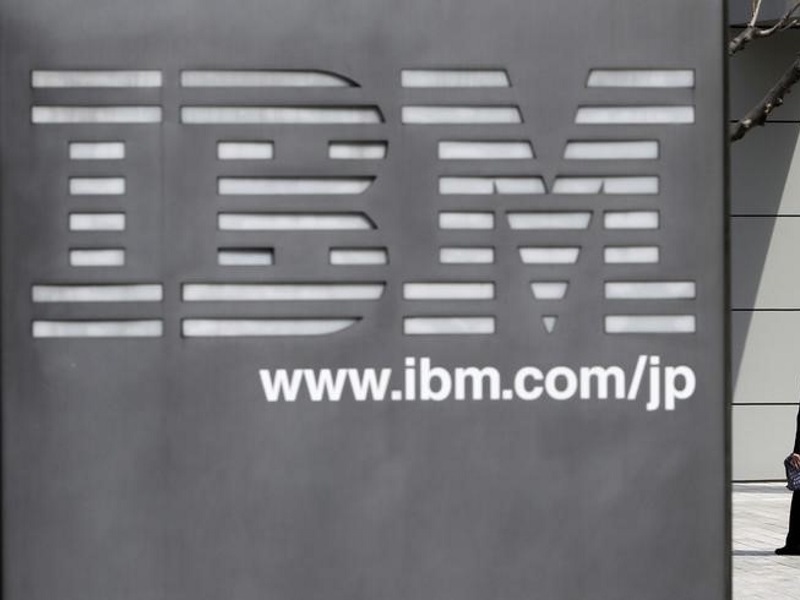
IBM will make Munich the global headquarters for its push to build out the industrial Internet, capitalizing on a critical mass of automotive, electronics, healthcare, insurance and manufacturing companies centred in southern Germany.
IBM said on Tuesday that it will employ 1,000 staff to work with customers on industrial Internet projects in the Bavarian capital and is opening up eight satellite centres worldwide to help clients create smarter network-connected services.
The move comes amid press reports that the US-based firm may cut around 18 percent of its German workforce over the next two years.
Munich is home to Europe’s largest manufacturing company, Siemens, as well as carmaker BMW and truck firm MAN SE. Insurers Allianz and Munich Re have their headquarters in the city.
IBM said it is working with Siemens Building Technologies and auto parts supplier Continental AG, among other major firms.
The additional offices will be in Beijing, Tokyo and Seoul, as well as three US cities, Sao Paulo in Brazil, and Boeblingen, a second city in Germany located near Stuttgart, a hub of the country’s car industry.
IBM said it aims to help businesses figure out how to make use of the dizzying amount of data that will be generated by network-connected devices, sensors and systems known as the Internet of Things(IoT).
Increasingly, everything from cars to health monitors to industrial parts are becoming Internet-connected. Market research firm Gartner Inc. forecasts there will be 6.4 billion connected devices in use next year, up 30 percent from 2015, and the market will mushroom to 20.8 billion devices by 2020.
In all, 2,000 data scientists, developers, researchers, designers, consultants and salespeople will work in the company’s IoT business on six continents.
IBM, which specialises in software and services, said opening the Munich IoT office marked its biggest expansion in Europe in two decades. However, the decision comes amid dramatic shifts in its business.
IBM is considering laying off up to 3,000 employees in Germany over the next two years, business magazine Wirschafts Woche reported last month. IBM has declined to confirm or deny the report, saying that it does not comment on speculation.
The world’s largest technology services company has been divesting low-margin hardware businesses, but has so far failed to make up the shortfall in more lucrative areas such as cloud and mobile computing and data analytics and security software.
[Source:-Gadgets360]
